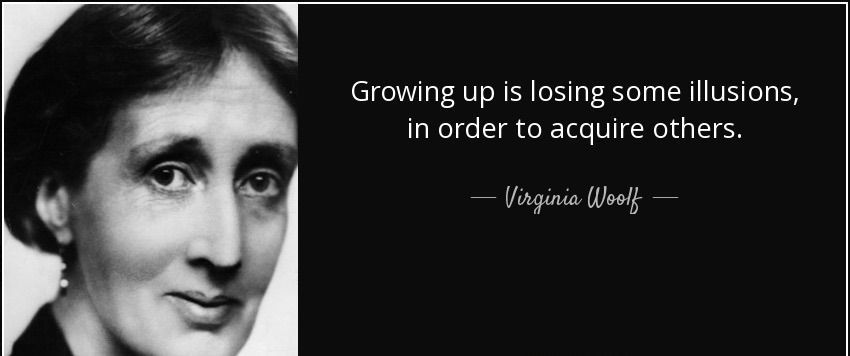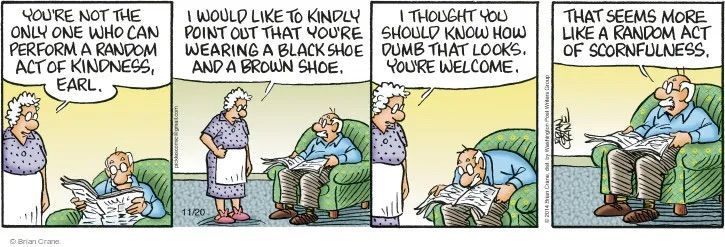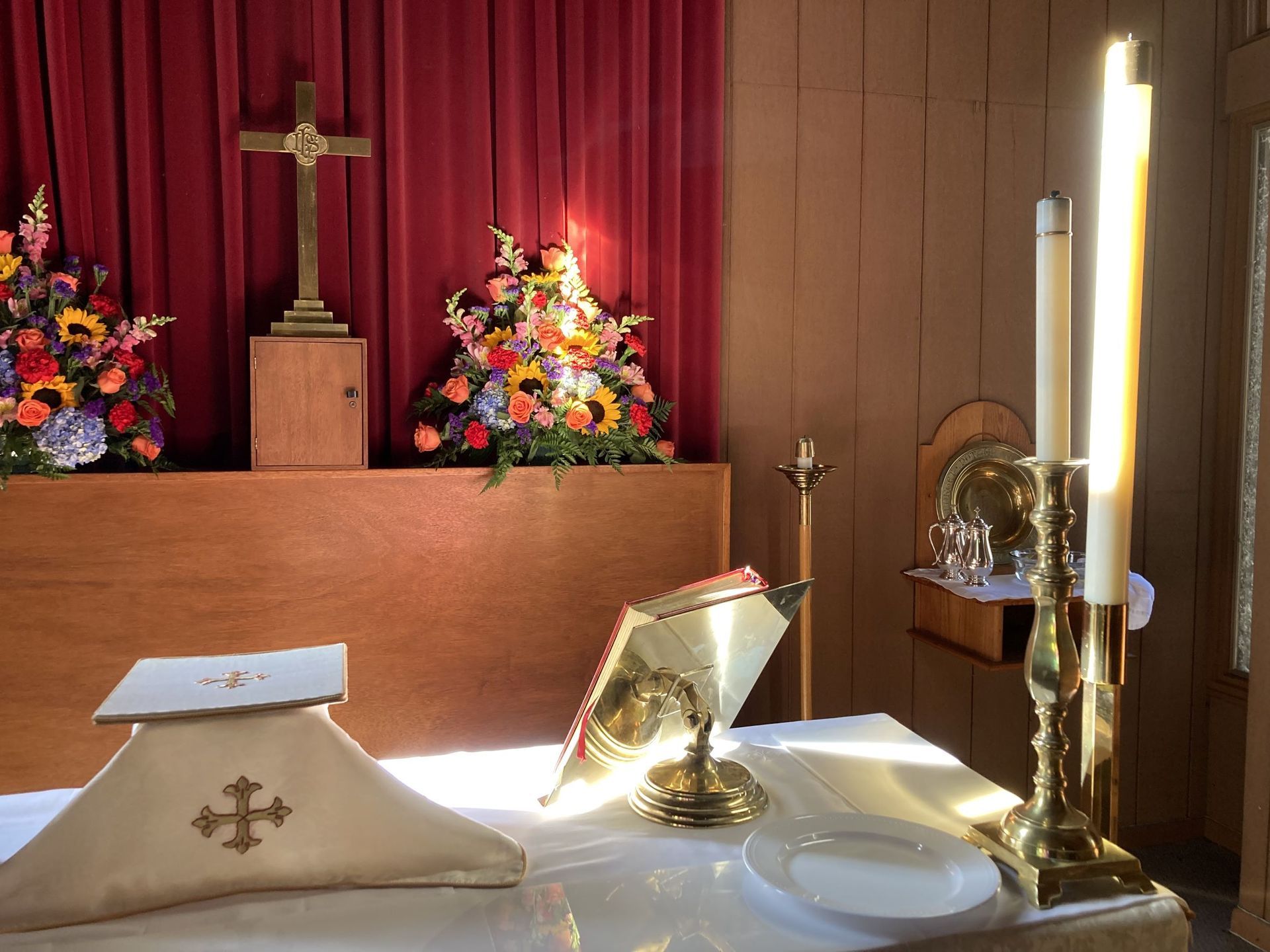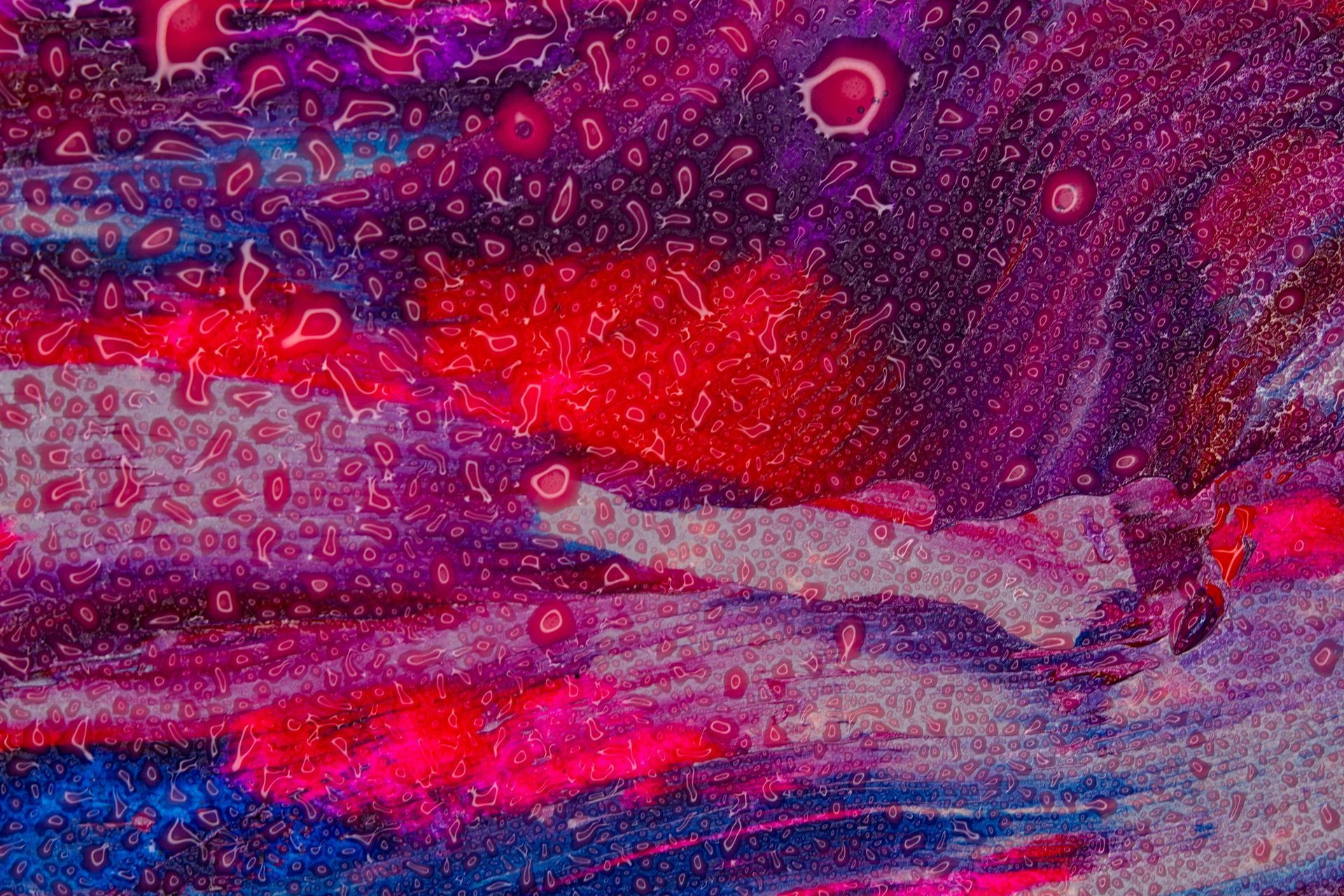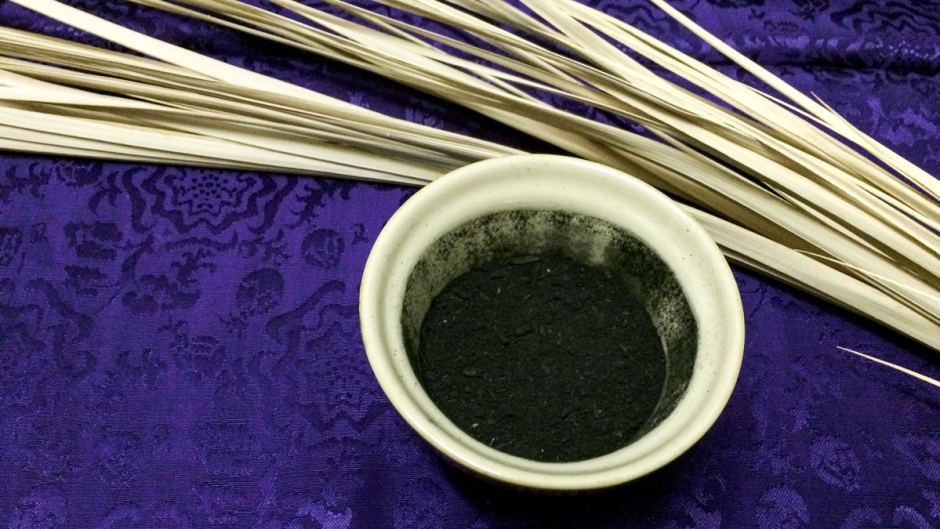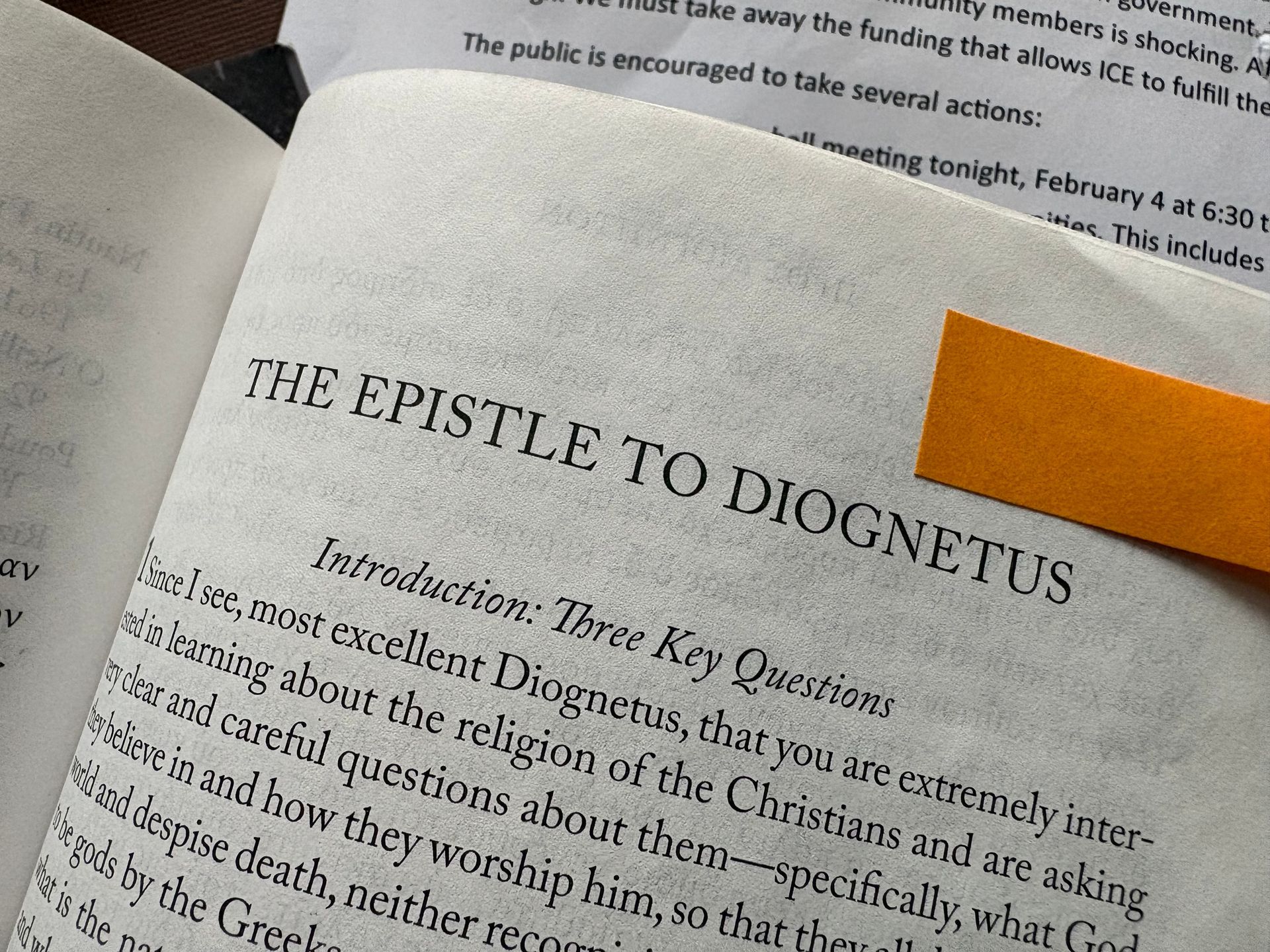Pub Theology 4/8/25 -- As luck would have it
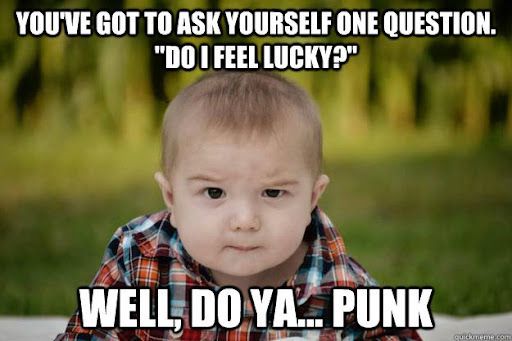
What I really wanted to do here was post a Clint Eastwood meme, to illustrate this week's topic, but I sort of thought the handgun in every single one I found would be in a little bad taste. So instead we get a toddler with a serious expression. But the question still holds: Do you feel lucky?
Luck is one of those things that comes up pretty often in our daily lives and conversations, so I think we tend to take it as something both real and that we take for granted. Some people are lucky, some people aren't. Sometimes we're out of luck, sometimes we luck out. But what is luck anyway? Believe it or not, this is something that sociologists have been arguing about for some time, and that philosophers have explored, but without much resolution. An article at the New York Magazine website goes into this discussion in some really interesting detail:
"There’s something about luck that inspires skepticism or rejoinder. Partially, it’s a question of terms. It’s hard to agree what exactly we’re talking about. The word is slippery, a kind of linguistic Jell-O. The critiques come from left and right, from those who see luck as a mask for privilege and those who see it as an offense to self-made men. Voltaire, with the confidence of the encyclopedist, once declared that one can locate a cause for everything and thus the word made no sense. Others dismiss it as mere statistics, still others as simply a term the godless use for God. It can call to mind an austere medieval manuscript, two-faced Fortuna, one side beaming, the other weeping, ordinary humans clinging to her fickle wheel.
But we can’t quite quit it, either. It’s something you might say you don’t believe in but continuously invoke. We’re up all night to get it, are warned not to push it, are sometimes down on it. It haunts our pop songs and expressions, but it isn’t just some rhetorical holdover, like the bony stub of an ancestral tail. This organ is still in active use."
As the article notes, we can be tempted to dismiss the notion of luck as occurrences that are the product of simple probabilities, even wildly improbable ones. But our minds don't really process the world that way. Rather that see the world through the lens of mathematical probabilities, we experience and understand the world through story and narrative. And luck, good or bad, makes for a powerful plot point.
We're going to talk about this idea of luck in our conversation this week. Is it different than destiny or fate? Is it the hidden hand of God for our against our favor for some inexplicable, at least to us, reason? And, of course, we're going to ask the all-important question: Do you feel lucky? Do ya punk?
Join us for the discussion tomorrow evening, Tuesday April 8, starting at 7pm at Casa Real in downtown Oxford.
